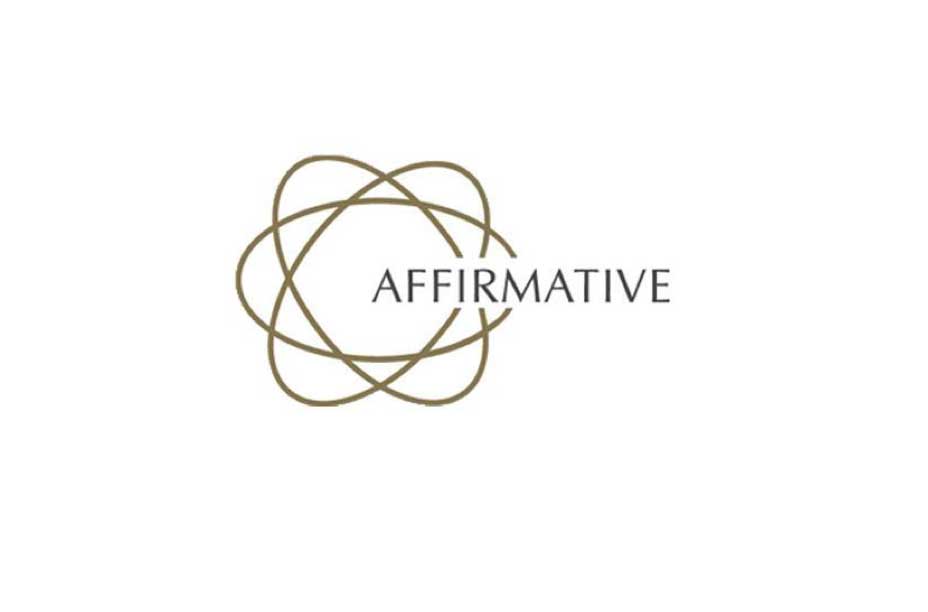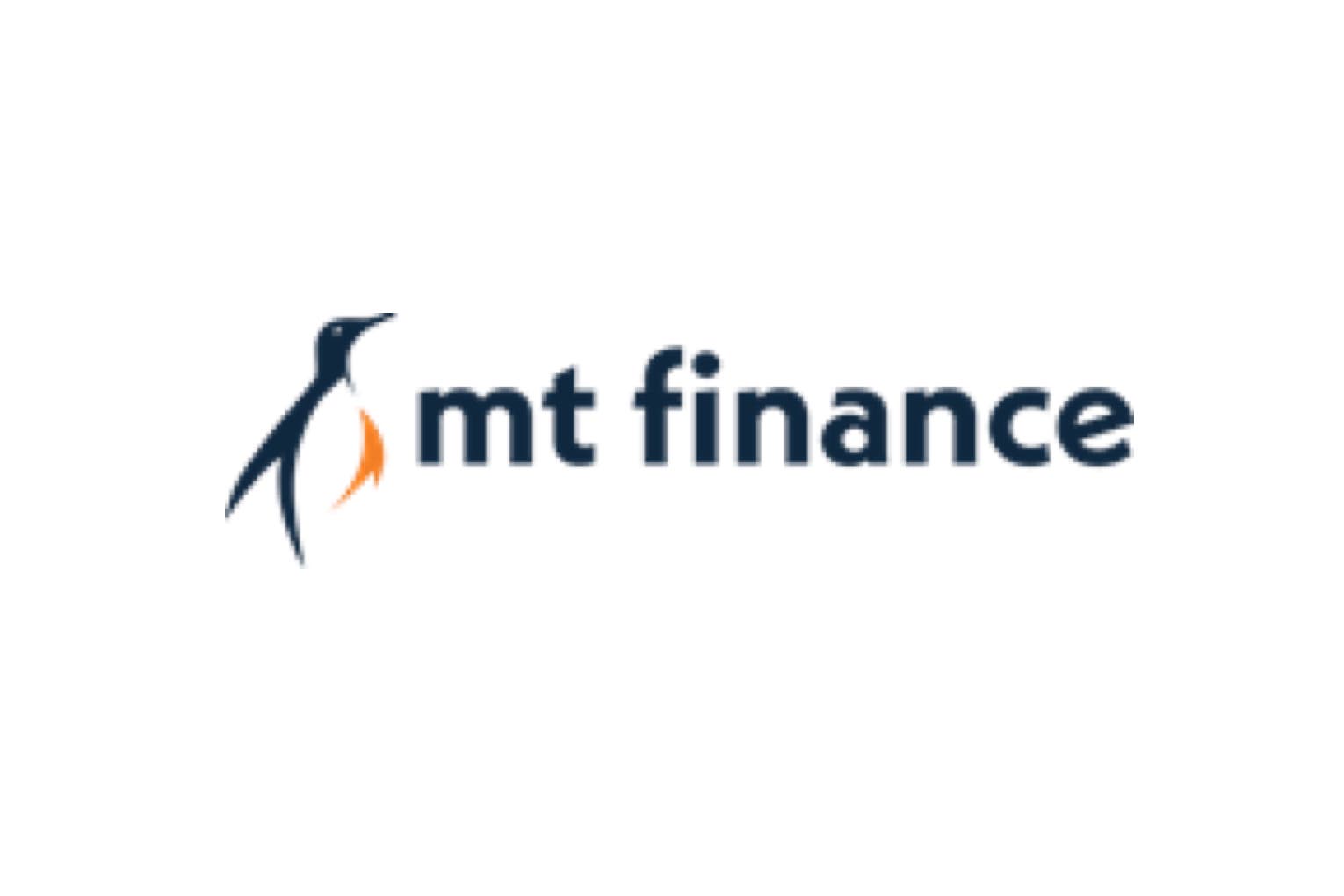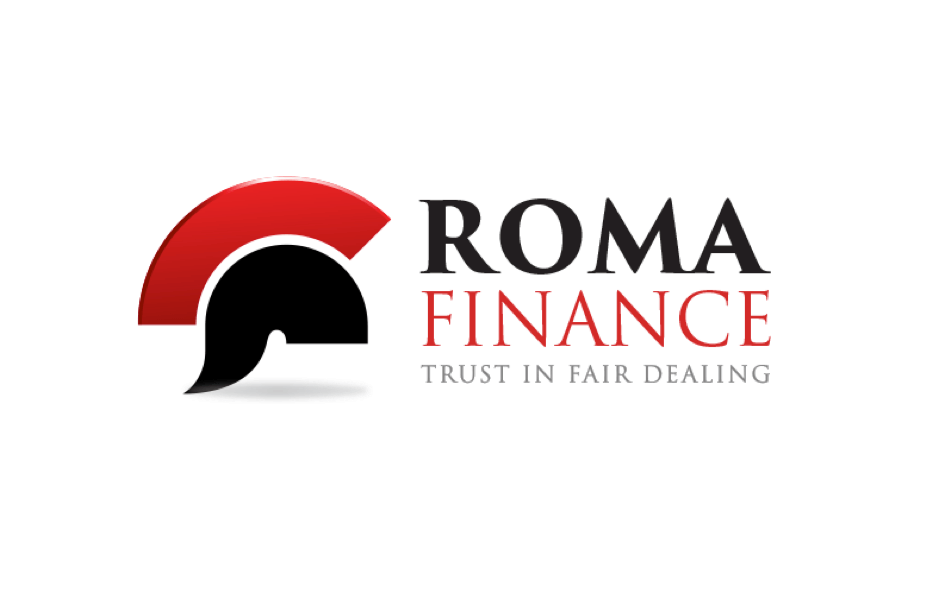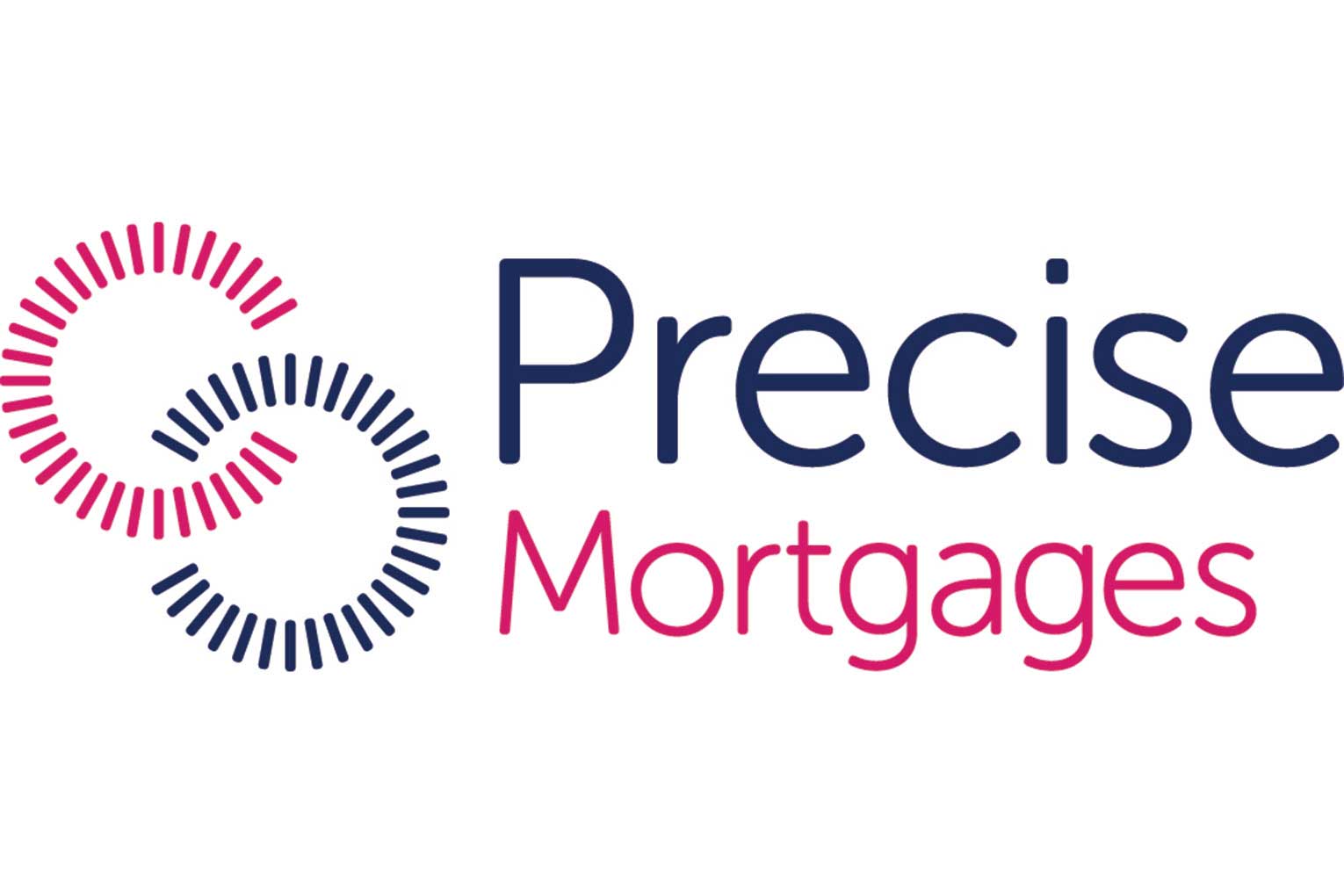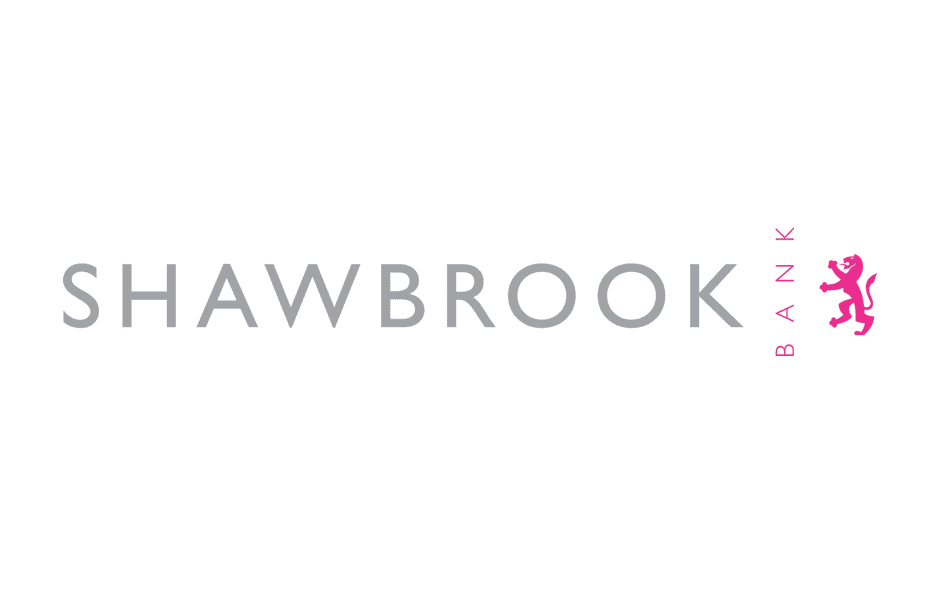Low Deposit Mortgages
Whether you’re a first-time buyer or an existing homeowner, it can be a struggle to get together enough for a large deposit.If you’re in a similar position and can only afford a small deposit for your next property purchase, a low-deposit mortgage may be just the thing for you.
In the UK, the most common loan-to-value (LTV) ratio for mortgages is typically 75% to 80%. These LTV ratios are often preferred by lenders and borrowers as they strike a balance between a reasonable deposit amount and manageable mortgage payments.
What is a Low Deposit Mortgage?
A low deposit mortgage is a type of secured loan that only requires a small (or low) deposit from the borrower. This means that the LTV (Loan-to-Value) on the mortgage will be high. Most low-deposit mortgages range from around 90%-95% the value of the property.
Am I Eligible for a Low Deposit Mortgage?
Your eligibility for a low-deposit mortgage can be affected by various different factors, including the following:
- Your credit score
- Your income
- Details of your employment
- Where you are based (typically need to be based in the UK)
- Whether you can provide the required deposit amount
As with any kind of mortgage, you’ll have to show that you’re able to afford repayments on the loan.

Speak to Octagon Capital on 0333 414 1491 for mortgages at a range of different LTVs.
Is a Low Deposit Mortgage Considered High LTV?
In mortgage terminology, low deposit mortgages are generally considered as high LTV (loan-to-value) mortgages. Low LTV mortgages typically refer to those with ratios below 60% or 50%. Higher LTV mortgages involve borrowing a larger percentage of the property’s value, which often comes with higher interest rates and potentially stricter lending criteria.
What is the Lowest Deposit Needed for a Low Deposit Mortgage?
Typically, the lowest deposit required for a mortgage is around 5% – 10%, however, some lenders may even offer a 100% LTV mortgage on a shared ownership property.
This means that, in the right circumstances, you might not even need a deposit for your mortgage. However, this is only in exceptional circumstances, and a deposit of some kind will generally be required for a mortgage.
What Are the Pros of Low Deposit Mortgages?
Pros of low deposit mortgages include:
- Those with a small deposit won’t have to wait to grow this into a larger sum, and have the opportunity to buy a home sooner than with other types of mortgages.
- Those with low equity in their current homes wanting to move in the near future have the opportunity to do this with a low-income mortgage, rather than waiting for their equity to grow by staying in the same place for longer than they’d want.
What Are the Cons of Low Deposit Mortgages?
Cons of low deposit mortgages include:
- With a low-deposit mortgage you could potentially face higher fees and interest rates due to the increased risk to the lender for lending a greater sum of money than with lower LTVs.
- As not all lenders offer these types of mortgages, there’s less variety and therefore less options for prospective borrowers to choose from.
What Are the Types of Low Deposit Mortgages?
There are a number of different low-deposit mortgages out there. The two main types are variable rate and fixed rate:
- Variable rate – the majority of these are tracker mortgages, meaning it will track the bank’s SVR (standard variable rate), adding or taking away a certain, set percentage. Variable rate mortgages can have lower rates compared to fixed-rate mortgages in the short term, however, it’s important to note that this can change.
- Fixed rate – with this rate, borrowers’ repayments will be set to a fixed amount throughout the duration of the deal. This helps give borrowers peace of mind knowing exactly how much their repayments on their mortgage will be, however it can come with big fees for repaying early or changing the product before the set end of its term.
The length of these low-deposit mortgages varies also, with fixed rate typically lasting around two-five years.
What Are the Repayment Options for Low Deposit Mortgages?
Repayment options for low deposit mortgages typically include two main types: repayment mortgages (capital and interest) and interest-only mortgages.
- Repayment Mortgages: With a repayment mortgage, you make monthly payments that consist of both the interest charged and a portion of the principal (the original loan amount). Over time, your outstanding balance decreases until the mortgage is fully repaid at the end of the term.
- Interest-Only Mortgages: With an interest-only mortgage, your monthly payments cover only the interest charges, and the principal remains unchanged. This means you need a separate plan or investment vehicle to repay the principal at the end of the mortgage term.
Are There Any Restrictions on the Type of Property I Can Buy With a Low Deposit Mortgage?
Lenders may have property eligibility criteria for high LTV mortgages. Some restrictions may apply to:
- Properties with leaseholds
- New builds
- Non-standard construction
- Properties located in certain areas
What Happens if I Can’t Afford the Repayments on My Low Deposit Mortgage?
If you can’t afford the repayments on your low deposit mortgage, you should contact your lender immediately. They may offer options such as repayment restructuring, temporary payment breaks, or extending the mortgage term to reduce monthly payments. Be sure to address any issues promptly to avoid potential consequences like arrears or repossession.
How To Apply For a Low Deposit Mortgage With Octagon Capital
Enter your details using our online form and you will hear from a member of our team to get you the best rates.
To explore your options with a member of our dedicated team, call us on 0333 414 1491 or email sales@octagoncapital.co.uk.
THINK CAREFULLY BEFORE SECURING OTHER DEBTS AGAINST YOUR HOME. YOUR HOME MAY BE REPOSSESSED IF YOU DO NOT KEEP UP REPAYMENTS ON YOUR MORTGAGE.
A maximum fee of 1% of the loan amount is payable – for example on a mortgage of £100,000 the fee would be £1,000, the exact fee will be dependent on your circumstances. For Bridging Finance where the net loan amount is £150,000 or below, the maximum fee charged is £1,995.
SPF Short Term Finance is a trading style of SPF Private Clients Limited which is authorised and regulated by the Financial Conduct Authority (FCA).
